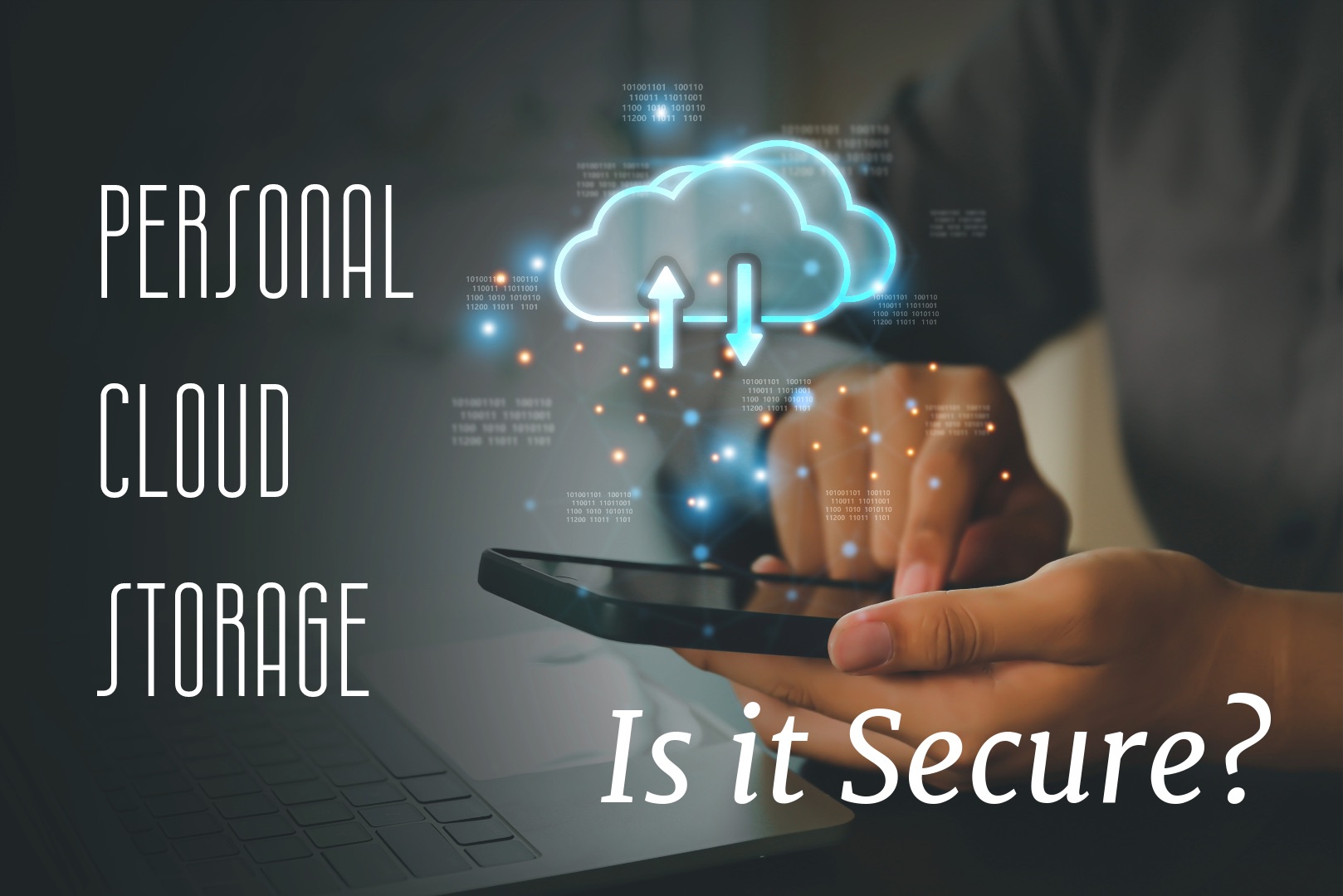Cloud Storage is no longer just a buzzword; it’s the backbone of countless businesses, providing convenient means to store and access data from anywhere at any time. Enterprise cloud storage providers like Azure or AWS provide scalable, secure, and large globally accessible solutions for businesses that need advanced business continuity features and robust infrastructure.
Personal cloud storage is a segment of cloud storage exclusively designed for individual users to store data, from personal photos and videos to sensitive documents. Services like Dropbox, Google Drive, and iCloud are quintessential examples. But as more individuals jump aboard the cloud wagon, questions about personal data security are rarely on anyone’s mind. Can personal cloud storage be trusted? What are the safety measures embraced by leading cloud storage providers? And importantly, what extra steps should you take to ensure your data remains impervious to breaches?
What should you look for when shopping around for personal cloud storage?
- End-to-end encryption, meaning your data is encrypted before it even leaves your device and remains encrypted until you (or a designated recipient) accesses it.
- Multi-factor authentication (MFA), which I’ve talked about in a previous blog (here). MFA is a robust security protocol that requires users to verify their identity through two or more independent sources (Cell phone app or text) when accessing accounts on systems like your Bank Account, Email, LinkedIn, Facebook, Instagram and Personal Cloud Storage.
- Redundant Storage ensures that even if one server or data center faces an issue, your data remains intact and accessible. Top-tier Cloud providers should have some type of back-end data redundancy, meaning the same piece of data exists in multiple places in their cloud infrastructure. This will ensure your data remains safe from physical harm by storing copies in multiple locations.
“What is YOUR role in protecting your data?”
While cloud providers go the extra mile to secure your data, the responsibility is shared. Here’s what you, as an individual using these services, should do.
- Using strong, unique passwords sounds elementary, but the importance of a robust password can’t be stressed enough. Avoid using easily guessable passwords; consider using a password manager to keep track of them.
- Ensure your device’s OS and the cloud storage app are always updated. Often, these updates contain patches for vulnerabilities.
- Be cautious with Shared Access and always double-check the permissions. Avoid giving more access than necessary.
- While cloud storage is reliable and some higher-tier providers include redundancy in their services, you should always have a backup, whether on another cloud service or an external hard drive. It’s the IT equivalent of not putting all your eggs in one basket.
- Stay informed about the latest threats. Awareness is half the battle. Unfortunately, we can’t just set it and forget it. Things happen, even to top-tier cloud providers.
The use of personal cloud storage is steadily growing. Leading providers are striving to guarantee data security. However, it’s crucial that we all remain informed, vigilant, and forward-thinking. Familiarizing ourselves with existing and upcoming security features and taking extra steps to be enlightened is essential. This way, we can benefit from cloud storage’s convenience without sacrificing the safety or loss of our personal information.
